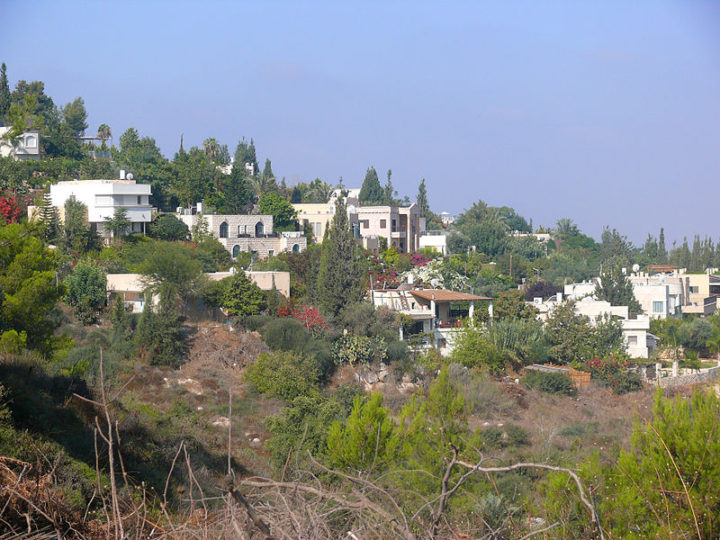WAS-NS School teachers visit Israel’s parliament, the Knesset, speak in a meeting on hate crimes and attend a plenary discussion on improvement in the status of Arabic language in schools
By Neve Shalom -Wāħat al-Salām* (Oasis Of Peace) Thursday 26 May 2016
On Tuesday, November 24 the Knesset marked Arabic Language Day. Throughout the day, Knesset committees and subcommittees discussed various issues related to the Arab sector, including public transportation the teaching of Arabic in schools, providing court services in Arabic, providing online government services in Arabic, and Arabic signage in mixed cities.
Carmella Ferber, principal of the WAS-NS Primary School, was joined by teachers Reem Nashef, Raida Aiashe Khatib, Nadwa Jabber and Yasmin al-Kalek to attend two of the day’s events: a special meeting on hate crimes, and a plenary discussion on the promotion of Arabic in educational institutions.
The meeting on hate crimes was hosted by Labour MK Itzik Shmuli and Kulanu MK Meirav Ben-Ari and organized in cooperation with the anti-racism group “Tag Meir” (see facebook post). At the meeting, WAS-NS school teacher Nadwa Jabber was invited to speak about her recent experience of a racist attack in Jerusalem.
As was previously reported, while Nadwa was on her way home from a shopping center, with another woman and their young children in the car, their vehicle was blocked and attacked by soccer fans angry at their team’s defeat by an Arab team. The angry mob attempted to force them out of the car, shouting that she was “an Arab terrorist”. In the current volatile situation of the country, this can be sufficient to provoke any armed passerby to open fire and ask questions later.
In the Knesset panel, Nadwa spoke about her own trauma and that of her daughter, who is a first grader at the bilingual school in Jerusalem. “Why did they do it to us,” her daughter had asked, and Nadwa herself wondered if, as a teacher of a mixed Jewish – Arab class she is “living in a bubble”. However, she persuaded her daughter not to be afraid to return to school. “We must be ambassadors of peace,” she told her. “We can live together and do a lot to change this reality.”
At the end of her speech, she appealed to leaders of the country to do something so that we can all live in security. She also expressed gratitude to the Tag Meir organization for visiting her at home and inviting her to the meeting at the Knesset. She said that she would be happy to help them.
Part of Nadwa’s speech was recorded here: [see video in the NV-WAS site]
Following the meeting on hate crimes, the teachers went to the special plenary debate on the status of Arabic language in schools. The teachers heard many interesting ideas on how to promote Arabic at the school level. One of the suggestions was to enhance Arabic teaching by improving the level of Arabic taught at teachers’ colleges and institutions of higher education.
The day’s events were initiated by Knesset member Yousef Jabareen, who said that the special Knesset session should serve as a platform to promote the status of Arabic and future steps to use language as a real bridge for peace and coexistence.
As can be seen in the photos, the plenary session had many unoccupied seats, but some concrete plans, or promises, were announced during the day. As reported in the Jerusalem Post:
Joint List MK Dov Henin (Hadash), the chairman of the subcommittee for public transportation said, “In the coming year there will appear a significant change in public transportation in Arab communities in general and accessibility of information to passengers in Arabic in particular.”
Gabi Navon, director of planning public transportation at the Transportation Ministry, promised that by the end of August there would be signs in Arabic in all public transport stations in the country and that signs and vocal directions would be translated in buses serving areas where 50 percent of the residents are Arabs.
*A cooperative village jointly founded by Israeli Jews and Palestinian-Israeli Arabs in an attempt to show that the two peoples can live side by side peacefully, as well as to conduct educational work for peace, equality and understanding between the two peoples.










